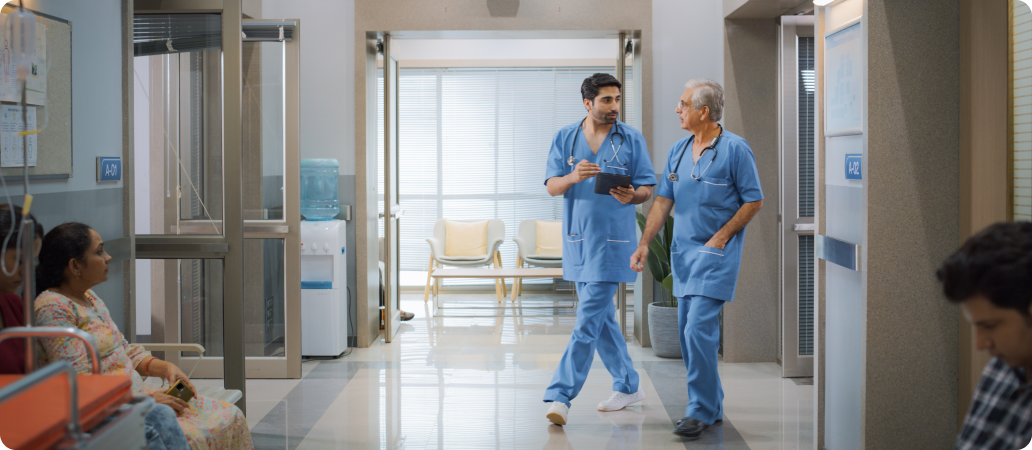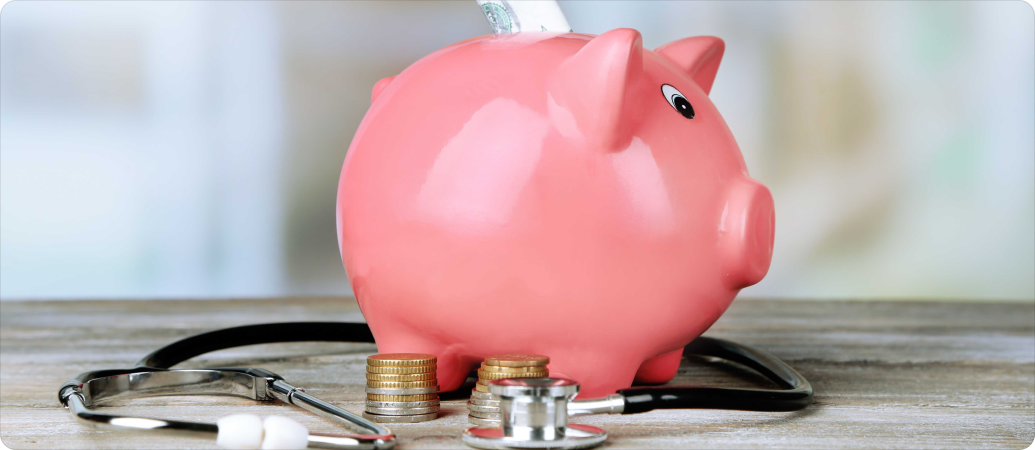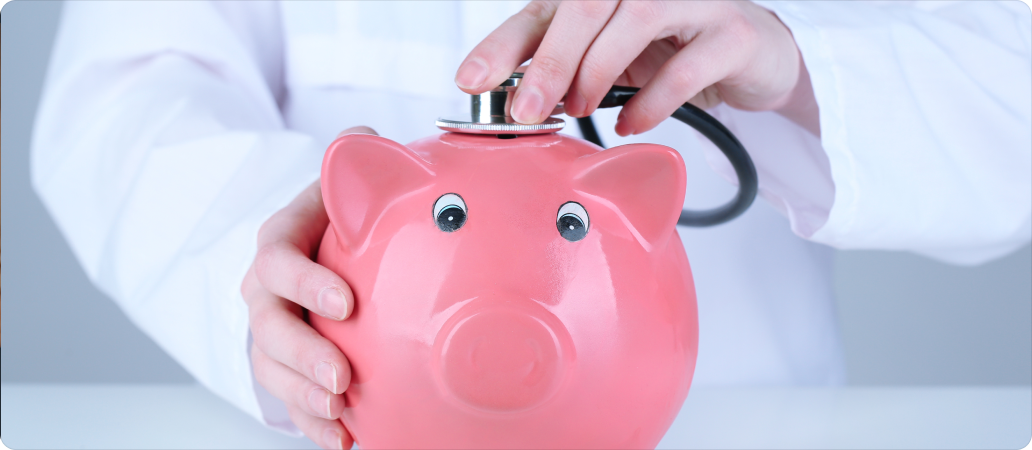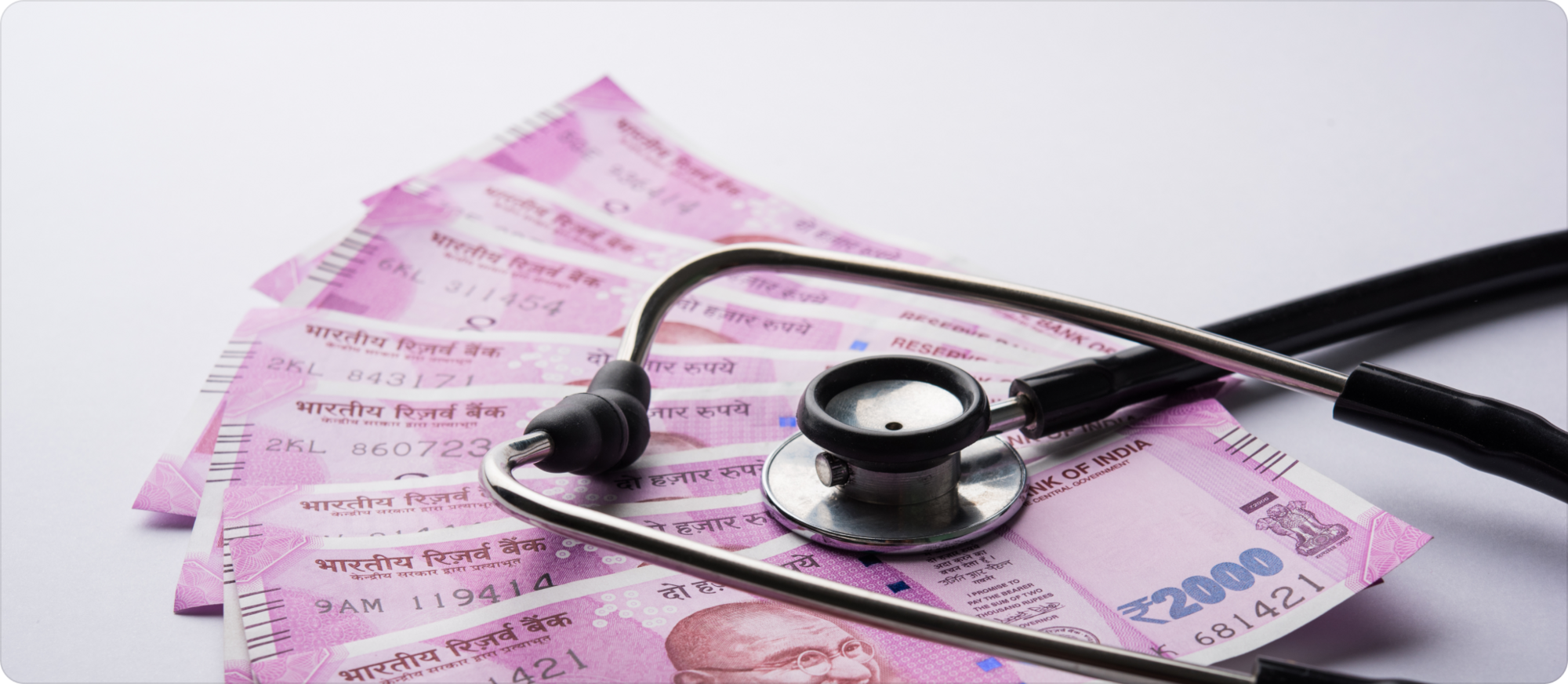What Should You Do When a Medical Emergency Suddenly Hits?
Medical emergencies are unpredictable events that can happen to you at any time and leave in a state of confusion and fear. From developing an unexpected illness, trauma, or an attack by a chronic condition, acting fast and appropriately can be lifesaving. The situation of a medical emergency can leaving feeling disoriented. So, you may wonder what should you do when you encounter a medical emergency? The guide outlines the steps to follow when a medical emergency strikes, helping you stay in control of the situation.
What Should You Do in a Medical Emergency
If an emergency of a medical nature arises, your first task is to seek medical help as soon as possible. Do not try to wait it out, since every minute is significant. Immediately call an ambulance or find someone nearby who can help you get to the nearest medical facility.
However, after completing all the necessary actions to help the person, do what the doctors who are already in charge of you advise. They are adequately equipped to provide the person in crisis with everything necessary for help and support. If the situation is critical, then they will also send you to the hospital to ensure that you are properly taken care of and observed.
Moreover, it is also important to inform your insurance company shortly after the critical moment. Get a full explanation of how to proceed and whether or not the treatments are covered. Most insurance companies reimburse costs related to urgent medical care. However, each case has its own characteristics and specific coverage as per conditions.
What Can You Do if Your Insurance Won't Cover Hospital Costs?
Unfortunately, there are instances where insurance coverage may not fully extend to cover all hospital costs. In such cases, you may find yourself facing a significant financial burden. However, there are several steps you can take to alleviate this burden and ensure you receive the care you need:
Personal Loans:
Personal loans are one of the most common ways to pay off the medical debt that is not covered by your insurance. These are issued by Indian banks and non-banking financial companies at different rates and for various periods. Banks and financial institutions in India offer personal loans with varying interest rates and repayment terms. Before you choose a personal loan, apply online and submit documentation, compare offers from multiple lenders to secure the most favourable terms. It is important to monitor the amount of the repayment and check whether you can regularly pay off a loan with your monthly income. Also, choose the online loan tenure online time period that suits you best.
2. Digital Loans:
Digital lending platforms have gained popularity in India due to their convenience and accessibility. These platforms offer quick approval processes and disburse funds directly to your bank account, often within hours of application. While digital online loans can provide rapid access to funds, it's crucial to exercise caution and thoroughly research the lender before applying. Look for reputable platforms with transparent terms and conditions to avoid falling victim to predatory lending practices.
3. Utilise Other Types of Credit:
If you have existing lines of credit, such as credit cards or a pre-approved overdraft facility, you may be able to use these to cover hospital costs. However, it's essential to weigh the pros and cons of each option carefully. Credit cards typically carry higher interest rates than personal loans, so using them to cover medical expenses may result in higher overall costs.
Conclusion
In times of medical emergencies, swift action and careful planning are crucial. By knowing how to respond effectively and exploring all available options for covering medical expenses, you can ensure that you or your loved ones receive the care they need without undue financial strain.
Remember to stay calm, seek immediate medical assistance, and communicate with your insurance company to understand your coverage. In the event that insurance falls short, don't hesitate to explore alternative financing options such as personal loan, apply online or digital lending platforms.
By being proactive and prepared, you can navigate medical emergencies with confidence and peace of mind, knowing that you've taken the necessary steps to address both the medical and financial aspects of the situation.
FAQs
1. What should I do if I can't afford the medical expenses after a medical emergency?
Explore options like personal loans, digital lending platforms, utilising existing credit, like overdraft facilities or credit cards.
2. How quickly can I receive funds through personal loans for medical emergencies?
If you apply online for personal loans, lenders typically disburse funds within hours to a couple of days after approval, providing rapid access to financial assistance to cover immediate medical expenses.
3. Can I use my credit card to cover hospital costs during a medical emergency?
Yes, you can use your credit card, but the interest rate charged on credit cards are typically higher than personal loans. Plus, since credit cards have a specific limit and exceeding the limit can incur and overlimit charge, it is important to be cautious when using it.
4. What should I consider before taking out a personal loan to cover medical expenses?
Compare interest rates, repayment terms, and total costs from different lenders. Ensure the loan tenure aligns with your financial situation and ability to comfortably repay the loan.



